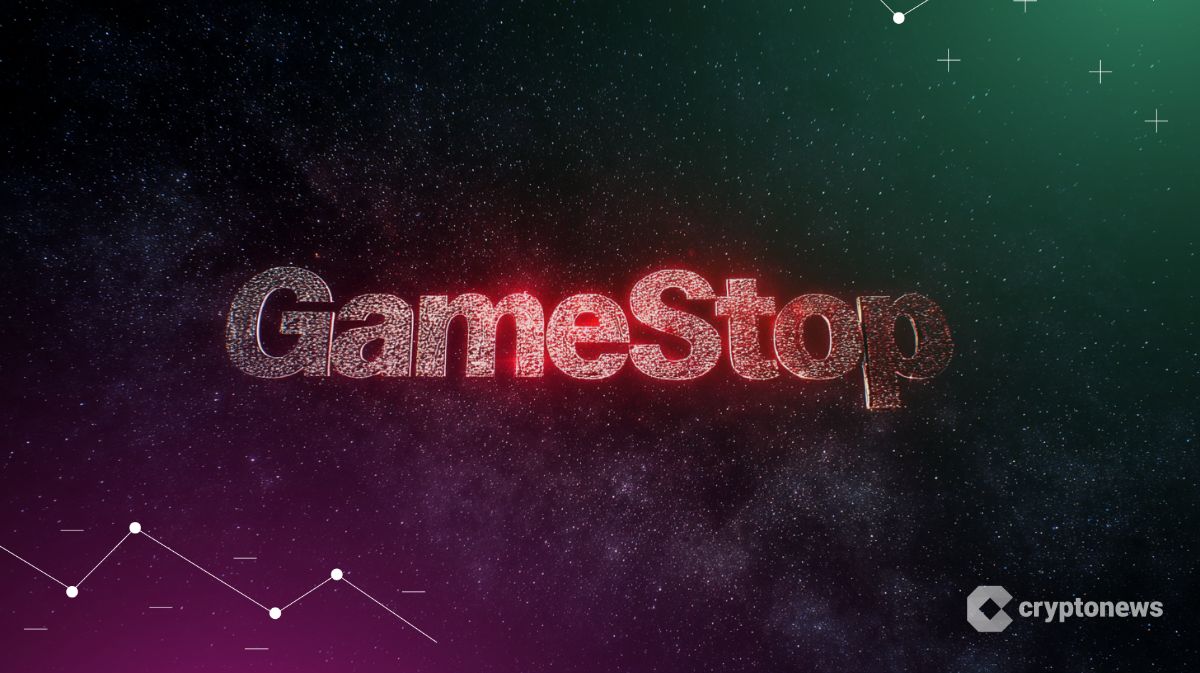SharpLink redraws Ethereum playbook with $213m buy and yield-led treasury shift
While Bitcoin remains the darling of corporate treasuries, SharpLink’s aggressive Ethereum play signals a shift. With nearly all its ETH staked, the company isn’t just holding, it’s actively shaping Ethereum’s economic future.
On July 15, Minneapolis-based iGaming giant SharpLink Gaming announced that it had acquired 74,656 Ether (ETH) tokens for $213 million, completing the transaction over a six-day window between July 7 and July 13.
The acquisition, executed at an average price of $2,852 per ETH, pushed SharpLink’s total holdings to 280,706 ETH, cementing its position as the world’s largest corporate holder of Ethereum.
The company stated that the purchase followed a $413 million equity raise via its At-The-Market offering, with nearly $257 million in capital still available for additional ETH purchases.
The strategy behind SharpLink’s Ethereum dominance
SharpLink’s massive ETH accumulation appears to be a calculated bet on Ethereum’s dual role as both a store of value and an income-producing asset. Unlike traditional corporate treasuries that park cash in low-yield instruments, SharpLink is leveraging staking to turn its ETH reserves into a self-sustaining revenue stream.
In its latest press release, the company noted that it has allocated 99.7% of its Ethereum reserves to staking protocols, generating 415 ETH in staking rewards since launching its treasury program on June 2.
SharpLink’s ETH Concentration metric, which tracks holdings per 1,000 diluted shares, reveals another layer of its strategy. Since June, this figure has jumped 23% to 2.46 ETH, signaling that SharpLink isn’t just buying ETH; it’s outpacing its own share dilution.
For investors, this metric offers added transparency: it shows whether the company’s crypto exposure is growing faster than its equity base. If ETH appreciates, shareholders benefit disproportionately. If not, the staking yield acts as a cushion.
SharpLink’s approach mirrors a broader institutional pivot toward productive crypto assets. While Bitcoin remains the go-to for inflation hedging, Ethereum’s utility in DeFi, tokenization, and smart contracts makes it a compoundable asset, one that can earn yield while appreciating.
With a near-total staking rate, SharpLink appears to view ETH not as a passive reserve, but as working capital, an asset that can generate operational returns while aligning with long-term crypto-native infrastructure.
You May Also Like

A giant whale sold $3.52 million of FARTCOIN in exchange for nearly 600 million PUMP

GameStop CEO Says Bitcoin Bet Is a Hedge, Not a Strategy Copy
